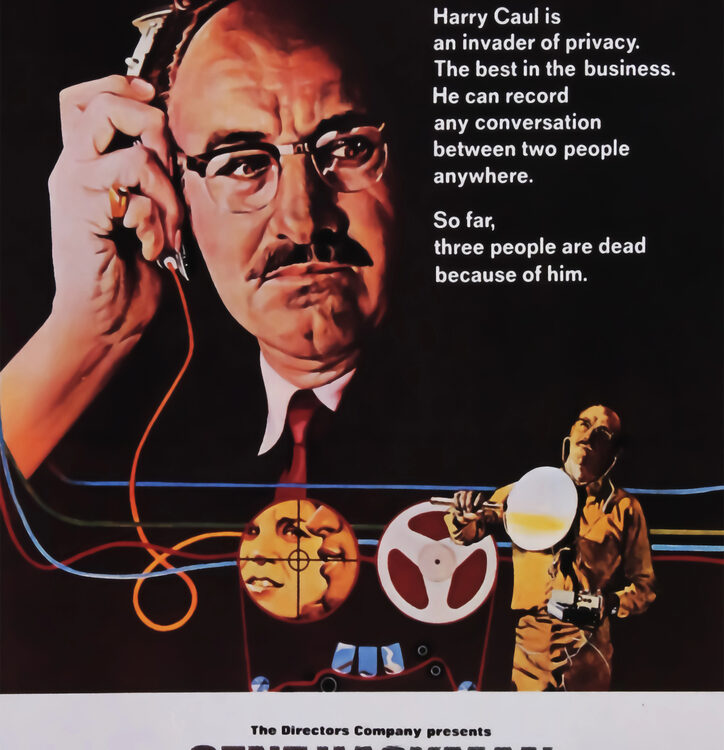How To Get Your Retirement “House” in Order in 2018
January 18, 2018Understanding the Tax Cuts & Jobs Act in California
February 15, 2018
Including Continuing Trust provisions within your Trust for your children’s inheritance can be a smart way to avoid probate court and avoid a situation where a financially irresponsible beneficiary squanders their entire inheritance immediately. However, creating a Trust that allows for distributions of various dollar amounts or percentages as the beneficiaries reach certain ages, sometimes referred to as “ages and stages trust,” can actually have unintended consequences.
If a traditional Trust has “ages and stages” provisions that state the beneficiary will have access to 50 percent of the Trust assets at age 30 and the balance at age 40, the Trust assets will be deemed his or hers at those ages. This leaves the beneficiary vulnerable to creditors’ claims, including claims by a future divorcing spouse, whether or not the beneficiary has taken a distribution. The right to withdraw at a certain age could give a creditor, which can include your future ex-son or ex-daughter-in-law, the ability to step in your child’s shoes and access part or all of his or her inheritance.
In contrast, a Continuing Trust can be structured to allow the beneficiary to make their own financial decisions upon reaching a predetermined age, with a named successor trustee managing the funds and providing access until the child reaches that age. However, rather than making planned distributions of Trust assets at various ages, the assets can remain in Trust throughout your child’s lifetime. This can provide creditor protection, giving you peace of mind knowing the funds won’t be reachable by your children’s ex-spouses or creditors.
Continuing Trust provisions can also be written so that the terms will continue to apply to your child’s descendants, if Trust assets are not exhausted or removed from Trust during your child’s lifetime, allowing you to create a legacy for generations.
Everyone has different goals and wishes for how their estate will be managed after death. To learn more about Continuing Trusts and to find out if creating one could help you meet your own goals, contact us today!



